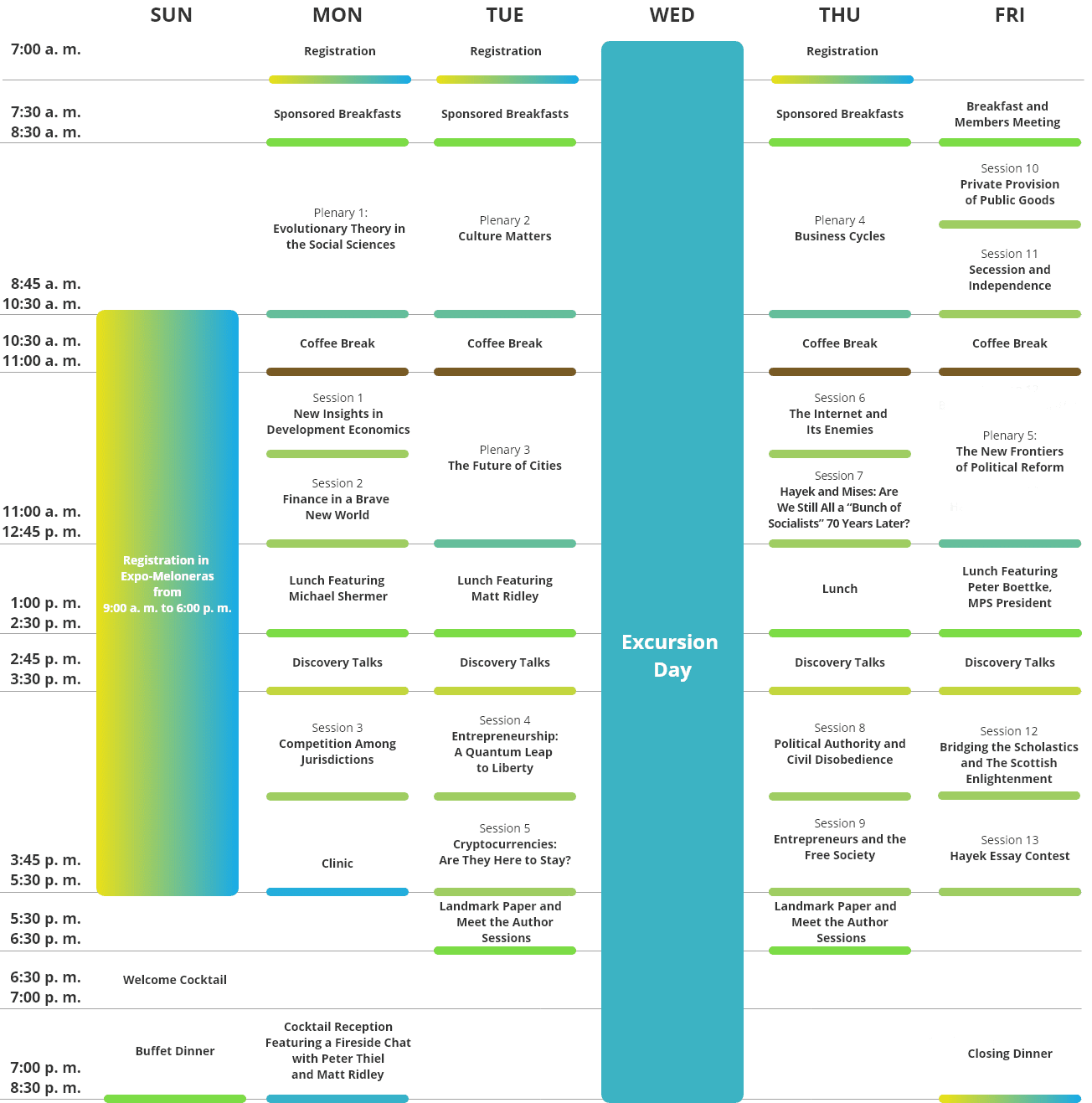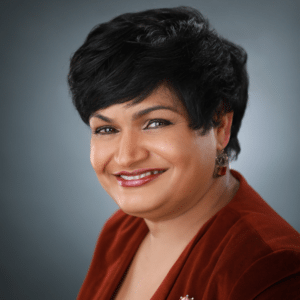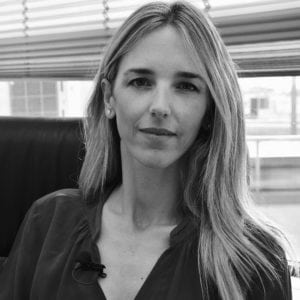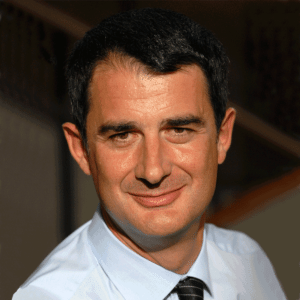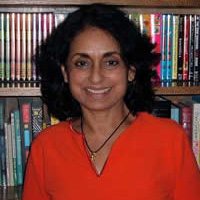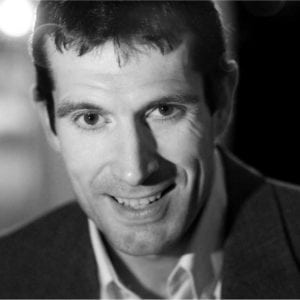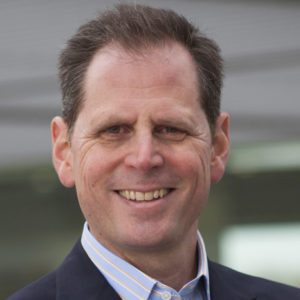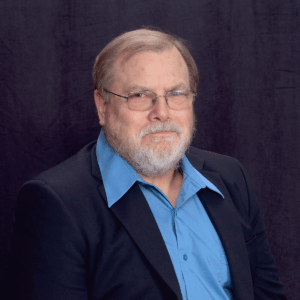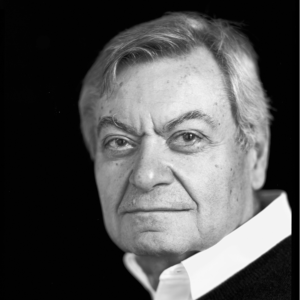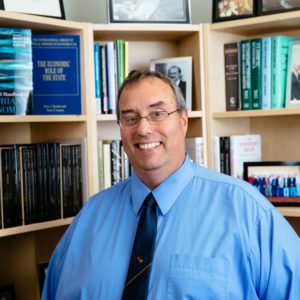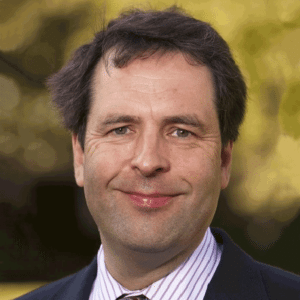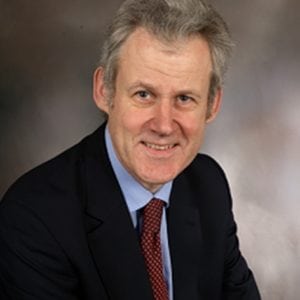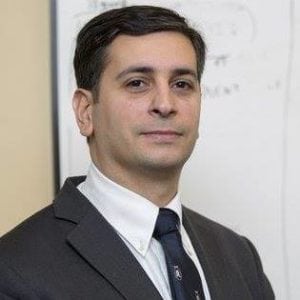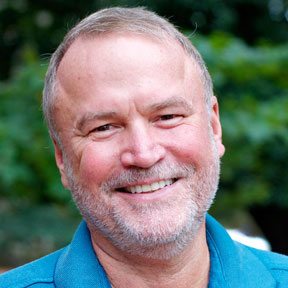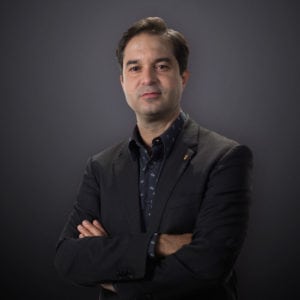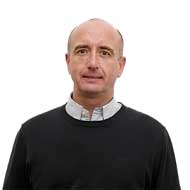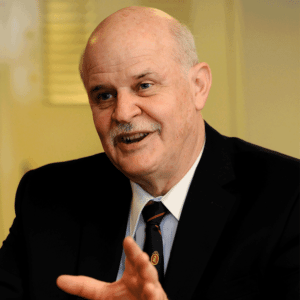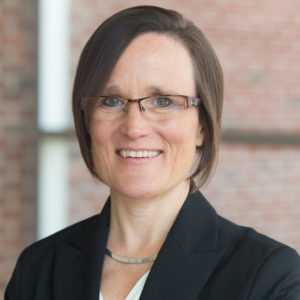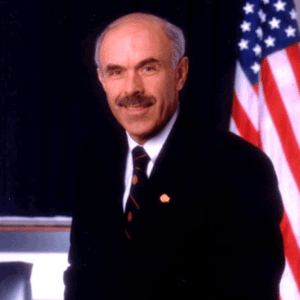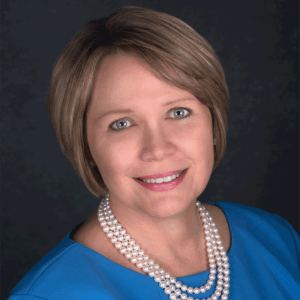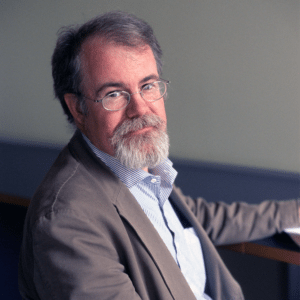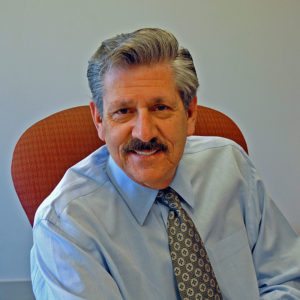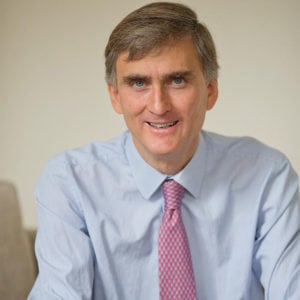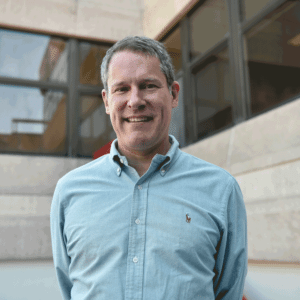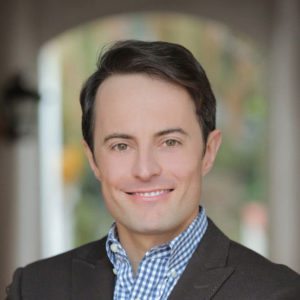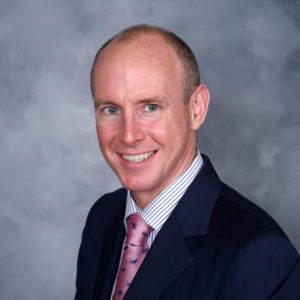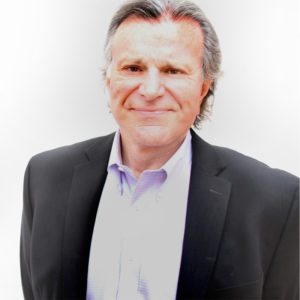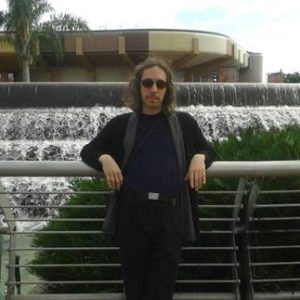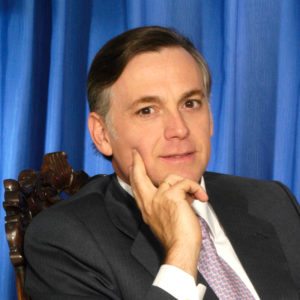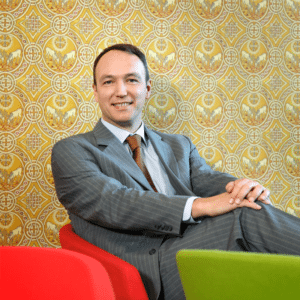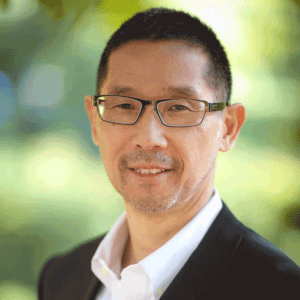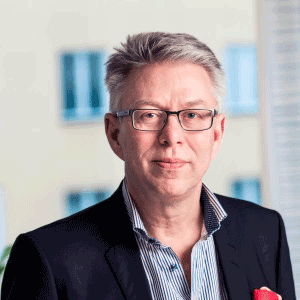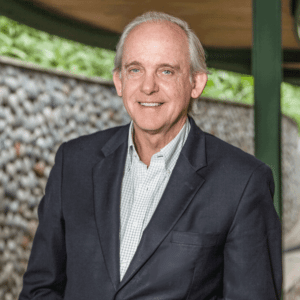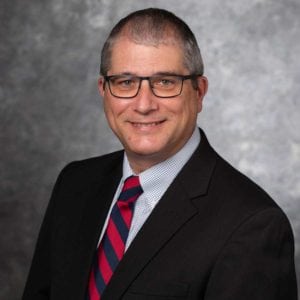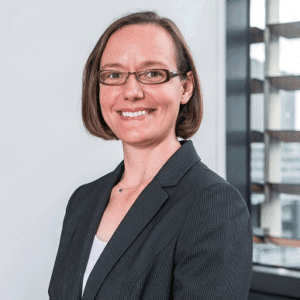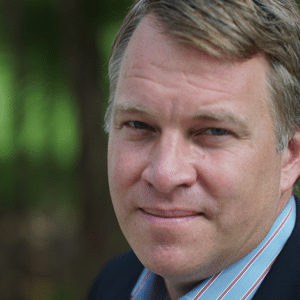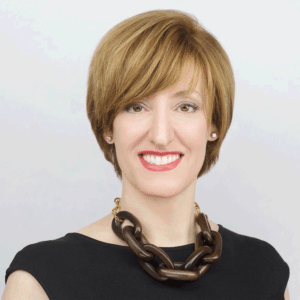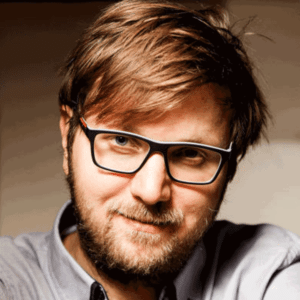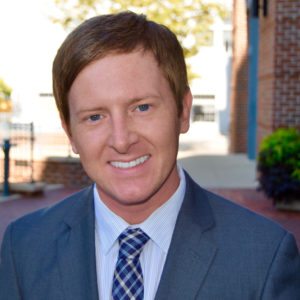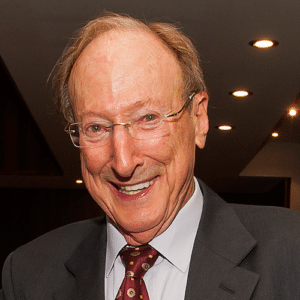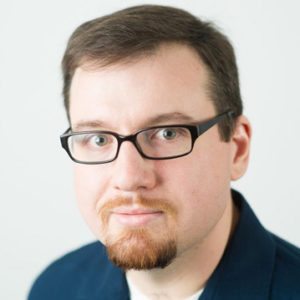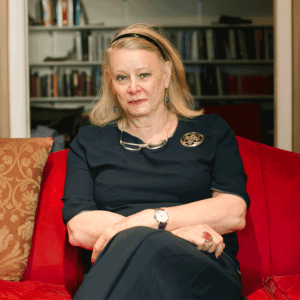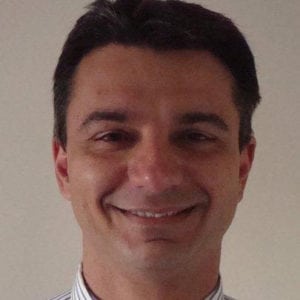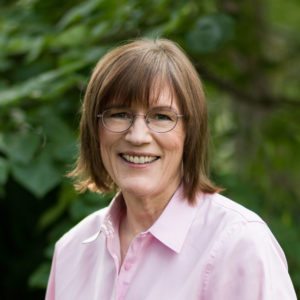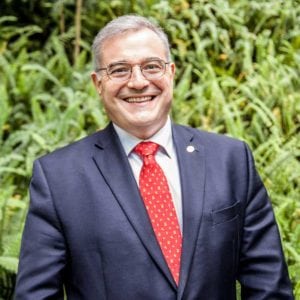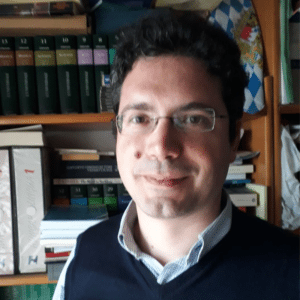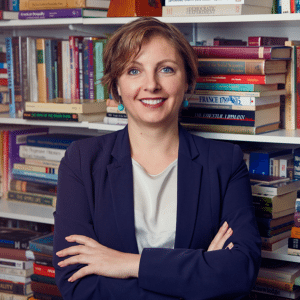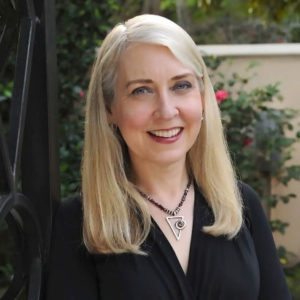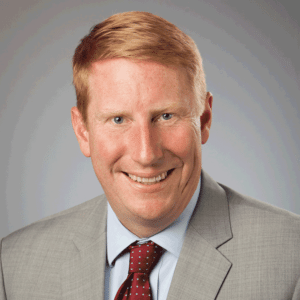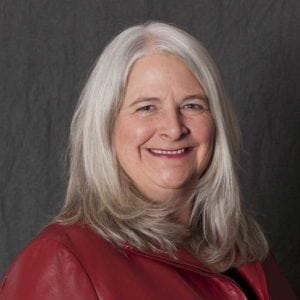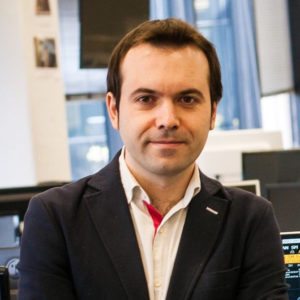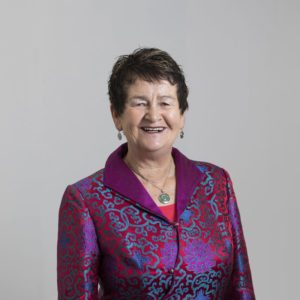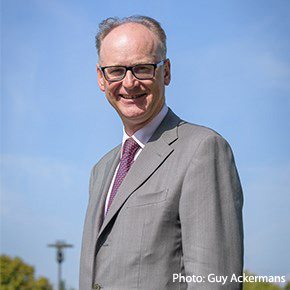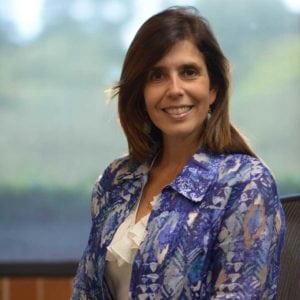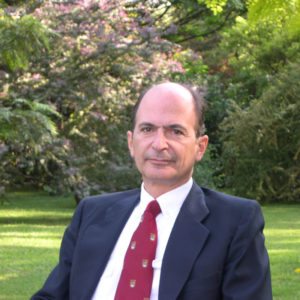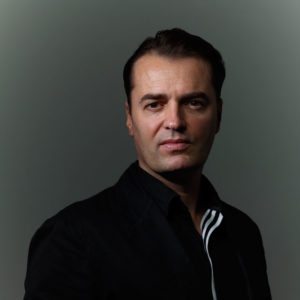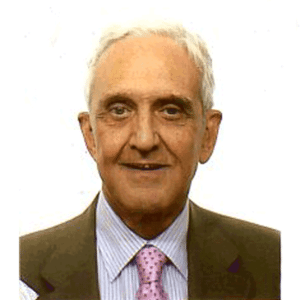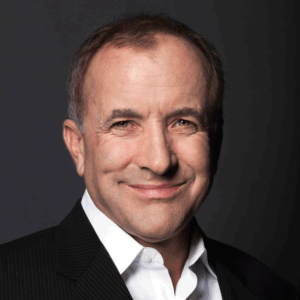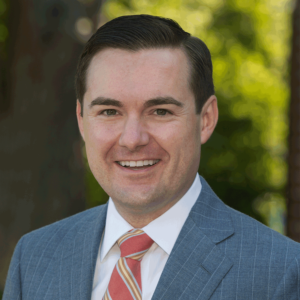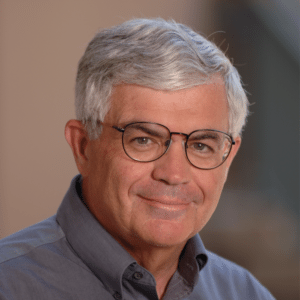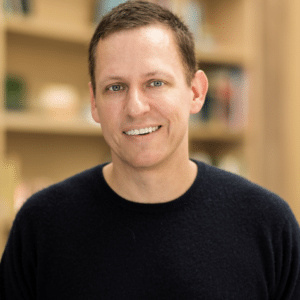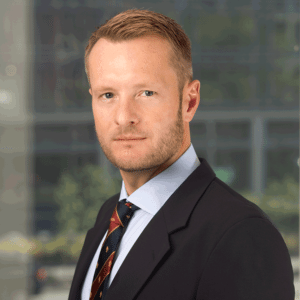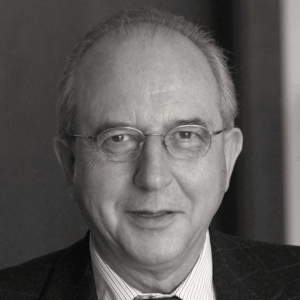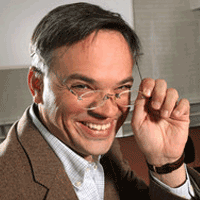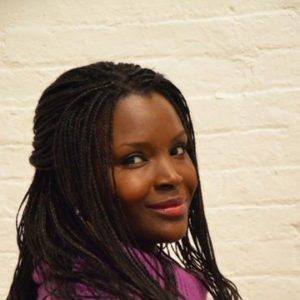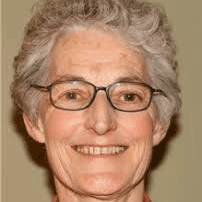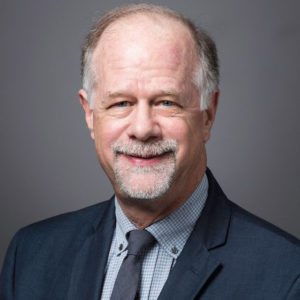Welcome to the 2018 Mont Pelerin Society General Meeting!
Gran Canaria (Spain)
September 30 – October 6, 2018
Competition, Discovery, and the Pursuit of Happiness
We are very pleased that you will be joining us. This event taps into the symbolism, history and location of the Canary Islands, Columbus's last port-of-call in the known world of Europe and a free port for centuries thereafter. The Canary Islands provide an evocative setting to address modern issues, such as competition, separatist movements, cryptocurrencies, overlapping jurisdictions, and the free movement of people, goods, and capital. Our aim is to contribute to making classical liberal philosophy relevant to contemporary concerns. We encourage all comers—speakers, participants, and guests—to think beyond what we already know, and to engage in an adventure of discovery.
While fewer and fewer tyrannies remain standing, many societies with outward expressions of liberty suffer from a “regulated, mild and peaceful servitude” that hampers, suppresses, undermines, smothers and dazes people, restricting a person´s ability to take advantage of opportunities and thrive in life. We see great threats to competition often coming from the freest states, as they try to limit the movement of people, trade, and capital. It is not socialist central planners but majoritarian democracies that approve suffocating taxes and paralyzing regulations before the undaunted gaze of an apathetic population. Likewise, the proliferation of "wars" (poverty, drugs, discrimination, terrorism, greed, financial crises, etc.) have become an excuse for the government to spy on its citizens, regulate their activities, build more bureaucracies, and shepherd us for our own good.
At the same time, entrepreneurial applications of new technologies are opening novel, often disruptive opportunities around the globe for competition, freedom from government coercion, and a higher quality of life: personalization of health delivery, longer lifespan, digital currencies, custom-made education, enhanced reality, and shared economies. As people have more choices, they are increasingly concerned with ethical dilemmas and how to live a life of meaning. This offers us an opportunity to move beyond our known world and widen our exploration of liberty, to attract new generations of liberal scholars, and address Hayek's challenge of framing a comprehensive philosophy of freedom.

Gabriel Calzada Álvarez
Chair of the Organizing Committee
Program
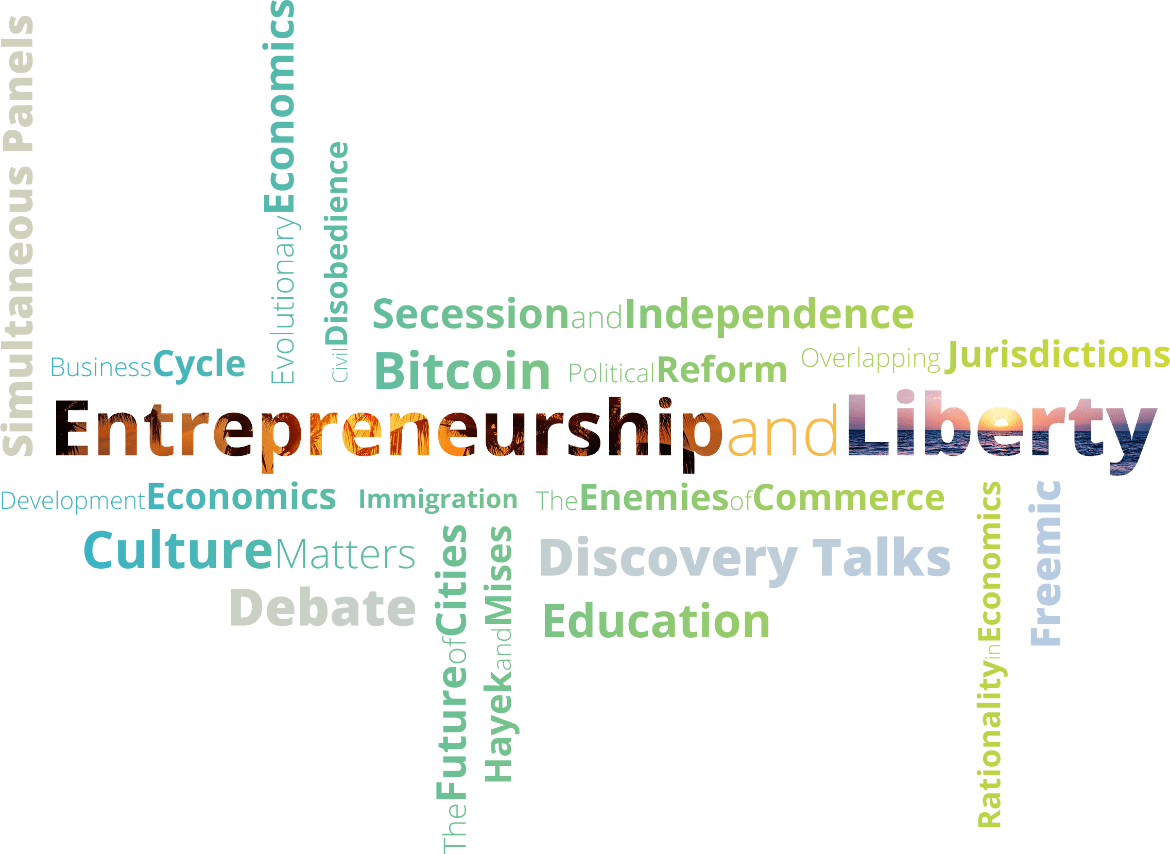
Discovery Talks
Short talks to showcase new and exciting ideas that we don’t usually grapple within the classical liberal world
Hayek Essay Contest Session
Get to know the upcoming generation of classical liberal scholars, as the winners of the Hayek Essay Contest present their papers.
Meet the author
An opportunity for participants to exchange ideas with authors of influential books to deepen points of view on both sides.
Landmark Papers
The Landmark Paper Series are small group discussions in the spirit of the late MPS Member and Philanthropist Pierre Goodrich, who saw learning as an ongoing process of discovery and believed a free society requires a dialogue on great ideas of civilization.
Clinic
A facilitated session in which academics get together with their peers to break through an intellectual bottleneck, perhaps on an aspect of writing a paper or dissertation, on applying new perspectives to clarify an idea, or digging deep into questions with elusive answers.
Canary Islands

Just off the coast of Morocco, 775 miles (1,250 km) southwest of Europe, the Canary Islands are located on the outermost border of Spain.
Because of its unique geographic position, the history of Gran Canaria and the Canary Islands is interwoven with the history of Africa, Europe and the Americas.
The Canary Islands were conquered by the Kingdom of Castile in 1495 after almost a century of fierce resistance by the natives, believed to be descendants of Berber tribes who colonized the islands around 500 B.C.
After Christopher Columbus launched his first voyage from the Canary Islands, Gran Canaria became the port-of-call for Spanish ships to refit and board provisions before sailing to the Americas. Crops brought back from the “New World” were first grown in the Canary Islands before their introduction to Europe. For example, products such as sugar cane drove the island’s economy for many years.
Canary Islanders actively participated in the settlement and development of the Spanish Americas, especially the Antilles and Venezuela. Eventually, they emigrated further north and settled in what is currently known as the state of Louisiana (USA) during the 18th century.
Today, the Canary Islands continue to drive economic activity in tourism. The archipelago, with seven main islands (and many more little ones), is one of Europe’s top vacation destinations as well as attracting tourists from around the world.
On the island of Gran Canaria, you will find it all: year-round mild weather, gorgeous views, sunny beaches, lush forests, hiking trails, sailing adventures, and endless opportunities to shop.

